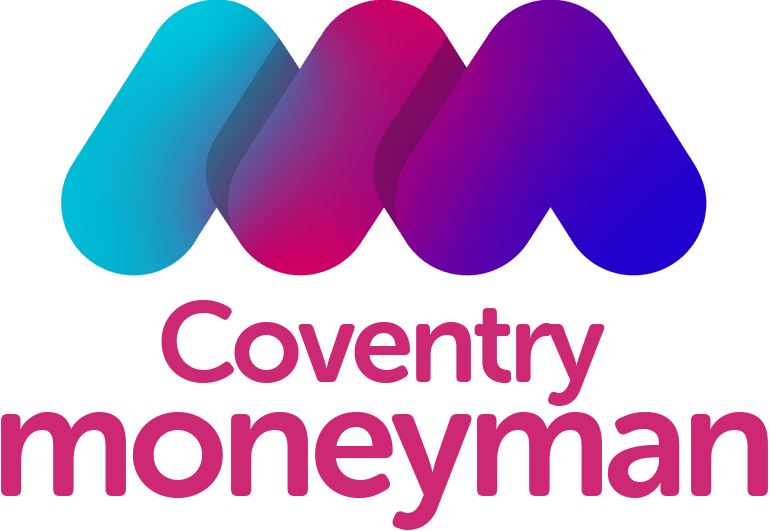Contractor Mortgage Advice in Coventry
More than a million people in the UK work in the “gig economy”. These people work on short term contracts and as such are not entitled to some of the benefits permanent employees might receive. For example, they are typically not paid for sickness. Contractor mortgages and ones for those working within the gig economy can be much harder to come by as they treat you as self-employed.
If you’re a contractor, or work within the gig economy, through our experiences of the mortgage industry, we understand the challenges you might face. Therefore, we have pulled together some useful information which could help you when applying for contractor mortgages.
Employment
Previous Employment
Obviously, you need to give yourself the best chance of having your mortgage application accepted. To do this, you need to build up a track record of employment. Lenders will tend to look for at least one year’s history unless your current contract has a very long time to run.
Types of Employment or Business
Depending on how a lender looks to classify your work, it can have an impact on what you’ll need to show.
If a lender decides to treat you as a sole trader, you will need to produce evidence of your net profit. That is the amount you have earned minus your expenses. Sometimes, people who are self employed in Coventry use an Accountant to help them, but make sure to explain your goals to them. Otherwise, they might try and reduce your tax liability which can make it look like you have earned less.
If you’re set up as a limited company, then most lenders will be looking at the salary you pay yourself, plus any dividends declared.
Even if you’re on a zero-hours contract, it is still possible to get a mortgage. Again, lenders will be looking at your 12-month earnings and will take an average from this.
Day Rates
Lenders are now starting to be more flexible in how they assess contract workers. This is most likely because more and more people are turning to this type of employment and lenders can’t afford to ignore that.
As a result, if you have been operating within the gig economy for a while and have a current contract in place with an employer, then it is possible some lenders will assess your income based on your “day rate”. This is then converted into an annual wage by multiplying by 5 (days) and by 46 (weeks). They only use 46 weeks because they are aware that a Contractor is unlikely to work 52 weeks a year.
Get Organised
If you are self employed in Coventry, it’s also good practice to be organised with your finances so that you have everything in place when applying to a lender.
Of course, no one likes paying more tax than they must but remember, if you are wanting to apply for a mortgage, lenders will want to see healthy levels of sustainable earnings. So, although you might end up paying more tax, higher levels of income can be beneficial to you as a mortgage applicant.
If you’re confused or worried about attaining contractor mortgages as a member of the gig economy, make sure to speak to a mortgage advisor in Coventry. If you can, building up a relationship well in advance can be beneficial as they will better understand your individual needs. As a result, the quality of their advice will be higher.
Date Last Edited: December 6, 2023














